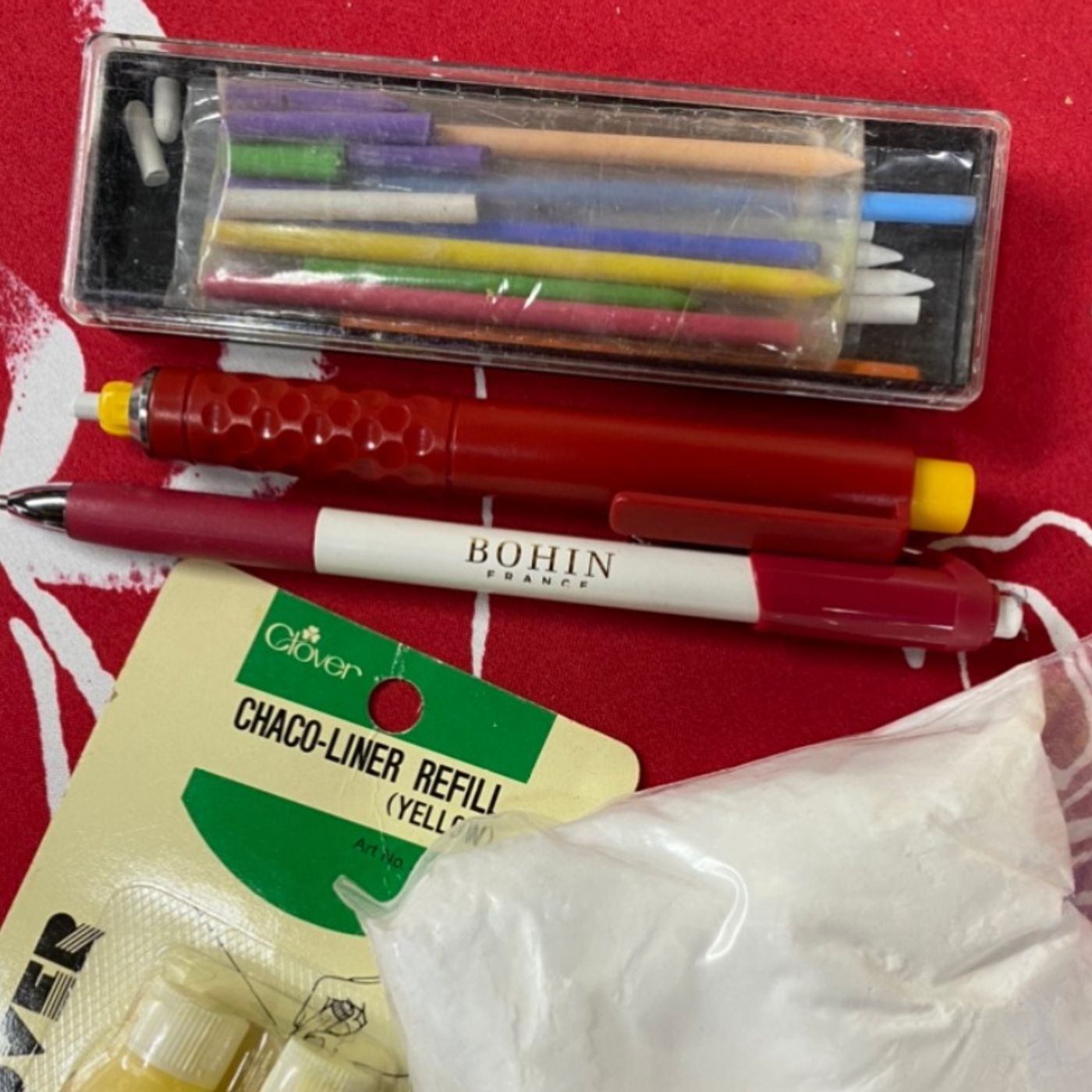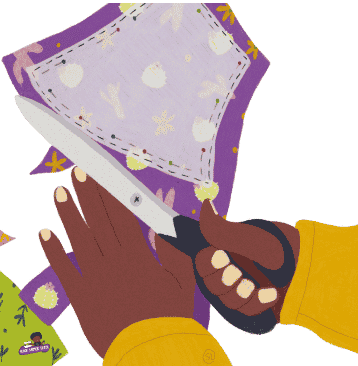Celebrate the 200th episode of the Stitch Please podcast by contributing to the next 200 episodes.
Join the Black Women Stitch Patreon community to get videos of the podcast, BTS, and other bonus content.
Donate via Act Blue (tax deductible) to support our Capacity Building campaign in September and October. Donations earn bonus entries for the giveway.
Stitching FOR THE CULTURE, Produced by Latrice Sampson Richards
Sara Trail, Social Justice Sewing Academy @sjsacademy www.sjsacademy.org
Bianca Springer, Thanks I Made Them @thanksImadethem www.thanksImadethem.com
Nikki Griffin @sewingmystyle www.sewingmystyle.com
Highlights:
- 0:09 - Dive into a world where stitching, culture, and Black lives interweave. Welcome to our official Sew Black at quiltcon podcast episode!
- 4:42 - Bianca, the creative genius behind "Represent! Embroidery” book, opens up about her journey. Discover how a period of recovery birthed an Black-centered embroidery book with vibrant designs, and how the essence of it evolves.
- 10:30 - The panel sheds light on the importance of culture. They tackle the misrepresentations in white spaces and stress the significance of nurturing self-agency and autonomy in children.
- 12:01 - Meet Nikki Griffin, an Atlanta native with an unstoppable sewing spirit. From bras to jeans, her contributions to the Atlanta sewing style are nothing short of inspiring.
- 17:27 - Sewing transcends craft. Learn about its power for social justice, its global movement, and its deep resonance within the Black women community of Atlanta.
- 20:42 - Support stitches community. Applause for the amazing Social Justice Sewing Academy team for their continuous dedication and passion. Together, they're revolutionizing the art through fabric and giving a fresh, unique experience for kids.
- 25:13 - Rules, boundaries, and quilting? Sarah delves into how traditional quilting norms can sometimes confine and control, urging listeners to 'get their stitch together.'
- 26:49 - Expand your horizons.
Sign up for the Black Women Stitch quarterly newsletter
Check out our merch here
Leave a BACKSTITCH message and tell us about your favorite episode.
Join the Black Women Stitch Patreon
Check out our Amazon Store
Stay Connected:
YouTube: Black Women Stitch
Instagram: Black Women Stitch
Facebook: Stitch Please Podcast




